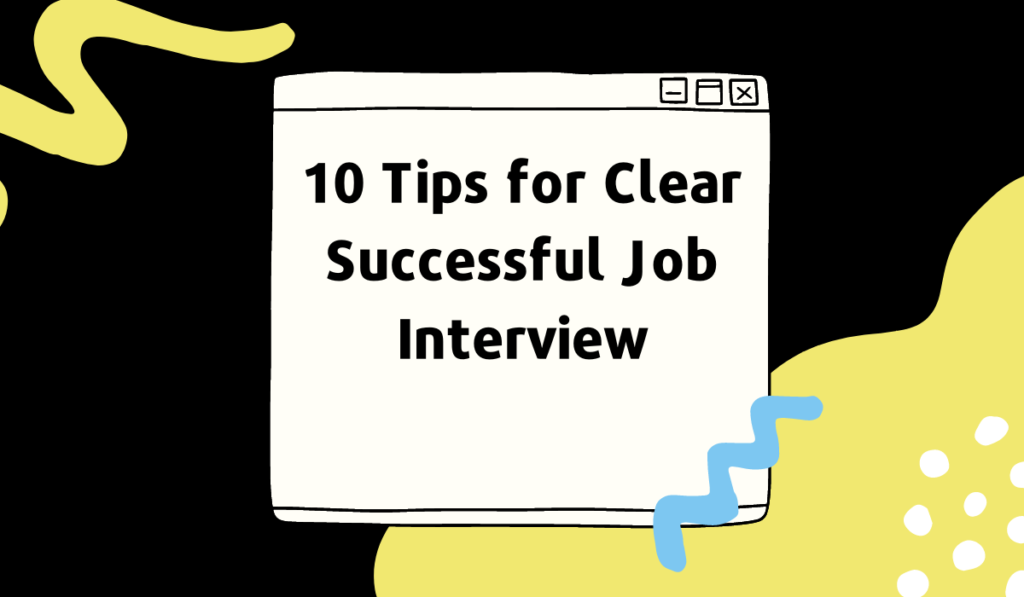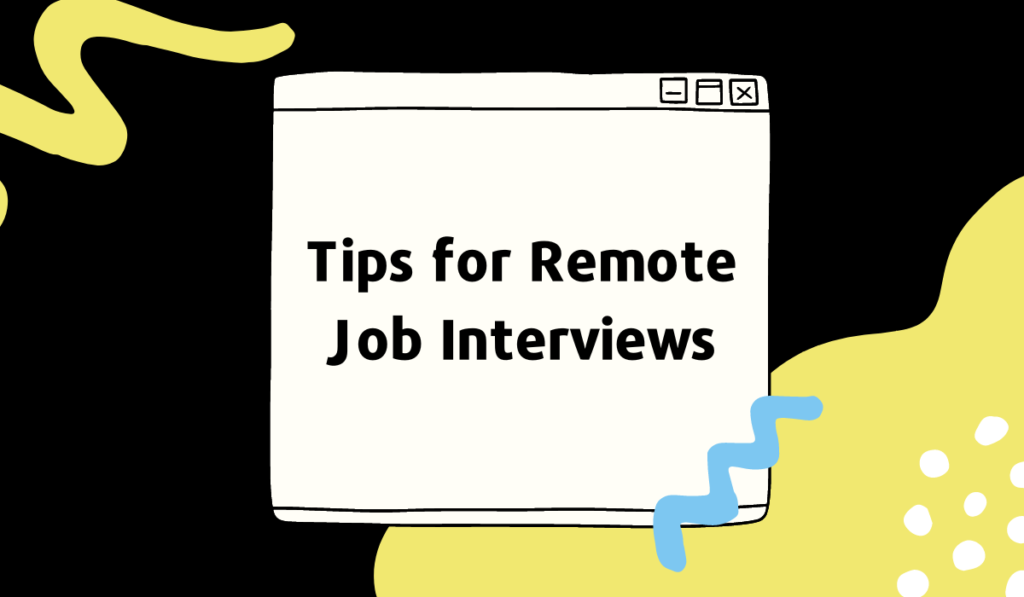1. Tell me about yourself.
Answer: Start with your professional background, highlighting relevant education and work experience. Mention any recent accomplishments and skills that make you a strong fit for the role.
2. What are your strengths?
Answer: Choose a few strengths relevant to the job and provide examples of how you’ve used them in previous roles. For example, “I have strong problem-solving skills, which I demonstrated when I resolved [specific work-related issue].”
3. What are your weaknesses?
Answer: Select a weakness that is not critical for the job and explain how you’re actively working to improve it. For instance, “I used to struggle with time management, but I’ve since developed effective techniques, such as prioritizing tasks and using time-blocking.”
4. Why do you want to work for this company?
Answer: Research the company’s mission, values, and recent achievements. Connect your answer to what aligns with your career goals and values, and how you can contribute to their success.
5. Why should we hire you?
Answer: Why should we hire you this question Emphasize your unique skills and experiences that make you the best fit for the role. Mention specific accomplishments and how they demonstrate your suitability for the job.
6. Can you describe a challenge you’ve faced at work and how you handled it?
Answer: Choose a challenging situation, briefly explain it, and then focus on the actions you took to resolve it. Highlight problem-solving skills, teamwork, and the positive outcome.
7. Where do you see yourself in five years?
Answer: Discuss your career aspirations and how they align with the company’s growth. Express your commitment to personal and professional development.
8. How do you handle stress and pressure?
Answer: Describe a specific strategy you use to manage stress, such as time management, deep breathing, or setting priorities. Emphasize your ability to stay focused and perform effectively under pressure.
9. What is your greatest professional achievement?
Answer: Share a significant accomplishment relevant to the job, highlighting your contributions and the positive impact it had on your team or organization.
10. Do you work well in a team or independently?
Answer: Tailor your response to the job’s requirements. If teamwork is essential, emphasize your collaborative skills and experiences. If independence is more critical, discuss your ability to work autonomously and meet deadlines.
11. How do you handle constructive criticism?
Answer: Mention your openness to feedback and your willingness to learn and improve. Provide an example of a situation where you received and acted upon constructive criticism.
12. What do you know about our products/services?
Answer: Research the company’s products or services thoroughly and demonstrate your knowledge. Mention any specific features or recent developments that impressed you.
13. Why did you leave your previous job?
Answer: Be honest but diplomatic. Avoid negative comments about your previous employer. Focus on career growth, seeking new challenges, or aligning with the company’s values.
14. How do you stay updated with industry trends and developments?
Answer: Describe your approach to continuous learning, such as reading industry publications, attending conferences, taking courses, or participating in professional associations.
15. How do you handle a situation when you disagree with your supervisor or team members?
Answer: Explain your approach to resolving disagreements professionally. Mention that you value open communication, seek to understand others’ perspectives, and work toward mutually beneficial solutions.
16. What motivates you?
Answer: Highlight what motivates you professionally, such as achieving challenging goals, making a positive impact, or continuous learning. For example, “I’m motivated by the opportunity to solve complex problems and contribute to meaningful projects.”
17. What is your preferred management style, and how do you handle feedback from supervisors?
Answer: Describe your preferred management style, whether it’s collaborative, results-oriented, or supportive, and how it aligns with the organization’s culture. Emphasize your receptiveness to constructive feedback and your ability to apply it for improvement.
18. Describe a situation where you faced a tight deadline. How did you manage it?
Answer: Share an example of a project with a tight deadline, emphasizing your ability to stay organized, set priorities, and collaborate effectively to meet the deadline without sacrificing quality.
19. What are your salary expectations?
Answer: It’s advisable to avoid discussing salary during the initial interview. You can say, “I’m open to a competitive compensation package that reflects my skills and the responsibilities of the role. I’d love to discuss this further as we progress in the hiring process.”
20. Do you have any questions for us?
Answer: Always have a few thoughtful questions prepared, such as asking about the team’s goals, company culture, or the next steps in the hiring process. Avoid questions related to salary or benefits during the initial interview.


